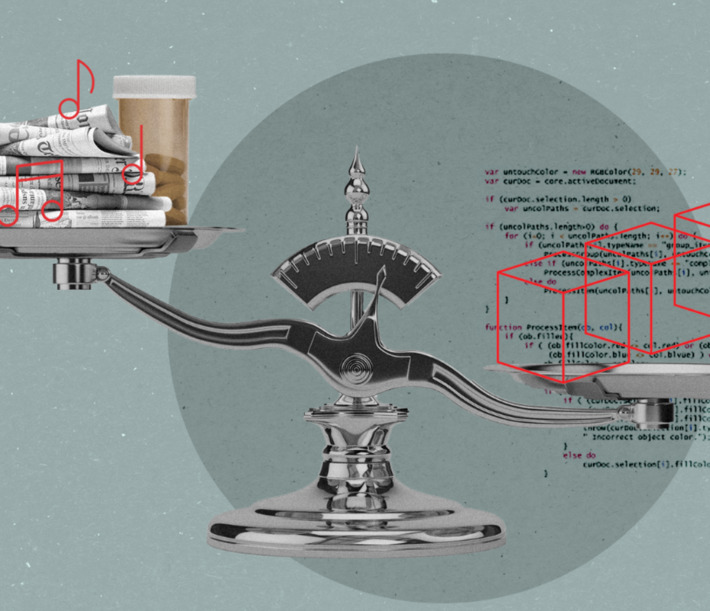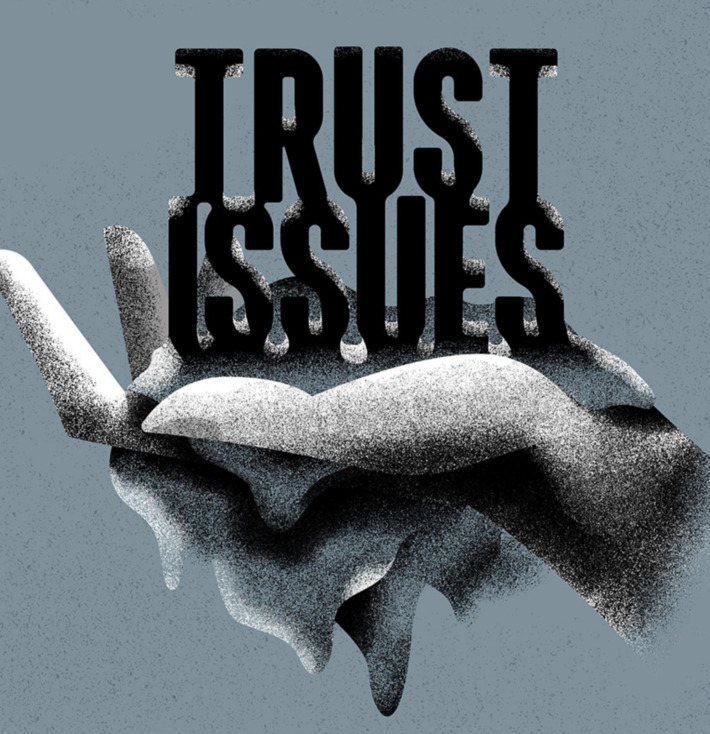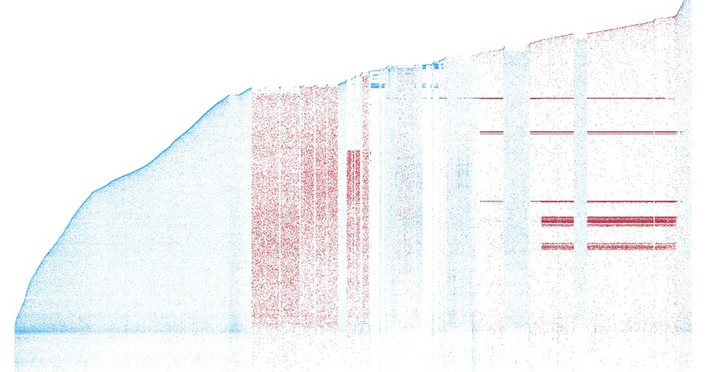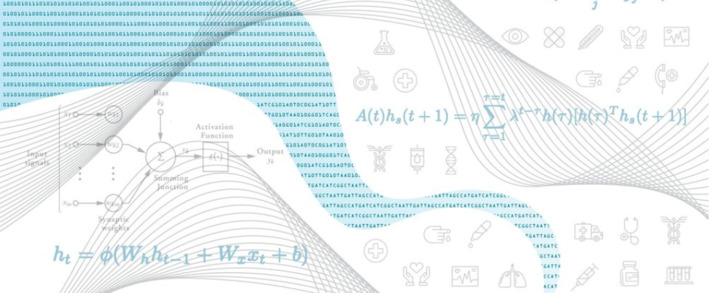The word “trust” is printed on things all around you. The dollar bill in your pocket. The box of Kleenex on your bedside table has a label that reads “trusted care.” In the physical world, it’s easy…
Research and publish the best content.
Get Started for FREE
Sign up with Facebook Sign up with X
I don't have a Facebook or a X account
Already have an account: Login
Get weekly or monthly digest of all posts in your inbox: https://fmcs.digital/wim-subscribe
Curated by
Farid Mheir
 Your new post is loading... Your new post is loading...

Jessica Kelly's curator insight,
January 31, 2018 2:20 PM
I'll admit, I'm enjoying this. I have never bought a follower, and I haven't lost any fake/bot followers this week. I use Twitter as a place for authentic communication and info-sharing, not self-aggrandizement or one-way broadcast. I have never followed someone unless I read their profile first, and as my account pushes close to 10K followers, I often recognize follower handles and pictures b/c I've read the bios. I make $0 for using my Twitter account, and while I sometimes think of quitting social, it's never b/c my account is just a front. I wonder if there's any hope that this purge--if it is a purge--will make Twitter feel even a tiny bit like it did in earlier days. We can hope, right?
|

Curated by Farid Mheir
Get every post weekly in your inbox by registering here: http://fmcs.digital/newsletter-signup/
|


















WHY IT MATTERS: explores how blockchain technology may help protect private data and bring back some privacy.